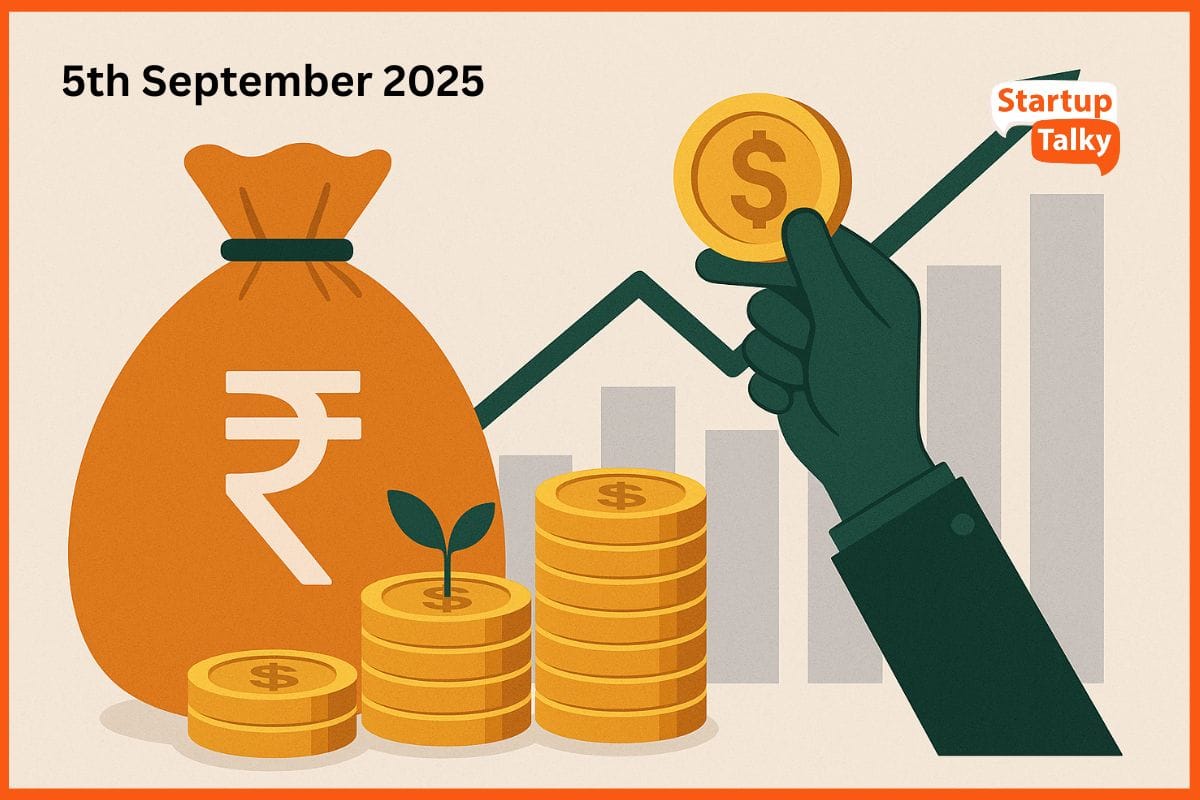Prowrrap, a Delhi-based one-stop procurement platform for packaging materials, capex, warehouse assets, and turnkey projects, has raised ₹4 crore (₹40 million) in a pre-Series A seed round led by Calance Software Pvt Ltd and IIT Varanasi Alumni super angel investor Amit Govil. The company plans to raise its Series A round in the next 18–24 months to further accelerate growth.
Founded by brothers Sagar K. Saxena, IIM Lucknow Alumni & Ex-Project Head at Swiggy, and Rishabh K. Saxena, IMT Ghaziabad Alumni & Ex-Procurement and International Procurement Head at Bira91, Prowrrap started operations in January 2024 and is simplifying supply chain operations for MSMEs and high-growth enterprises through a design-to-distribution procurement platform. The startup is already serving clients in Tier-1 cities and select Tier-2 markets and aims to expand to 25 cities by the next fiscal year.
The fresh infusion of funds will be used to:
- Strengthen technology capabilities for smarter procurement solutions
- Scale distribution networks across India
- Deepen focus on quick commerce, fresh and natural produce (FnV), e-commerce, and SMEs/MSMEs
“Our vision is to transform & simplify the way businesses procure their packaging and operational assets,” said Sagar K. Saxena, Co-founder and CEO of Prowrrap. “This investment will help us enhance our technology, expand faster, and deliver unmatched efficiency to fast-growing enterprises.”
“MSMEs and high-growth companies often face supply chain bottlenecks,” added Rishabh K. Saxena, Co-founder of Prowrrap. “Prowrrap solves this by providing a unified platform that ensures speed, quality, and cost efficiency in procurement.”
Investor Amit Govil said, “Prowrrap is solving a fundamental challenge in the MSME and fast-commerce ecosystem—procurement efficiency. With the founders’ strong industry experience and clear vision, they are well-positioned to disrupt this space.”
With this funding, Prowrrap continues to strengthen its position as a trusted provider of comprehensive B2B procurement and packaging solutions for sectors ranging from e-commerce to hospitality—offering seamless, efficient supply-chain management tailored to diverse industry needs. The company is now rapidly scaling its tech-driven procurement services ahead of its planned Series A round in the next 1.5 to 2 years. India’s packaging market alone is USD 101B today and headed to USD 170B by 2030, while global packaging tops USD 1.18T—alongside fast-growing adjacencies like warehouse automation (16%+ CAGR)—underscoring the scale Prowrrap is building for.



